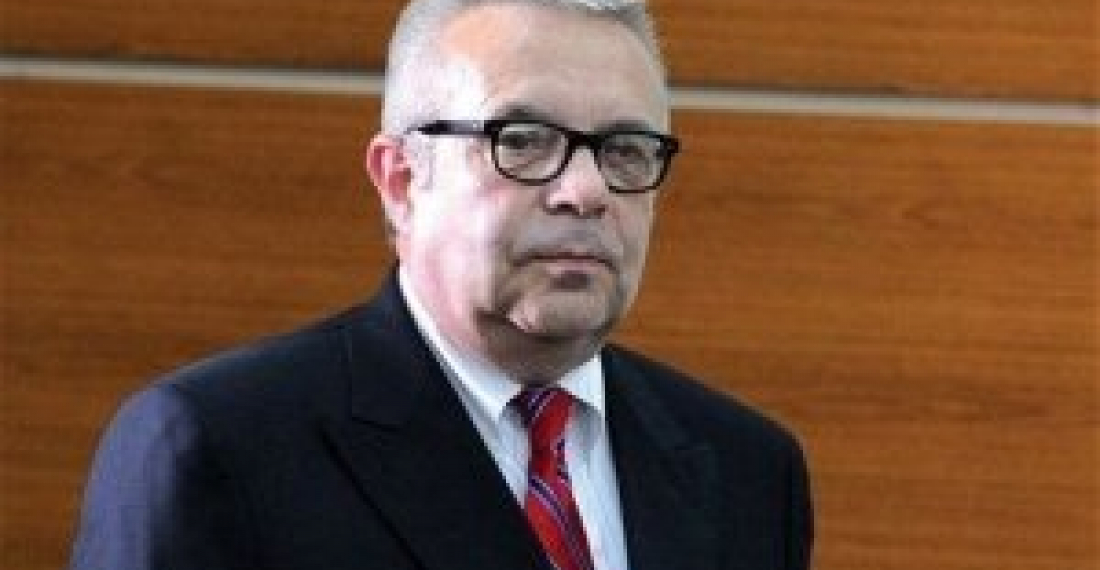The United States government has appointed an experienced diplomat as a temporary co-Chair of the OSCE Minsk Process on Karabakh, to replace outgoing co-Chair Ambassador James Warlick who resigned earlier to take on a job outside government.
The new co-Chair is Ambassador Richard Hoagland who brings over 30 years of diplomatic experience to the position. He served as U.S. Ambassador to Tajikistan from 2003 to 2006, U.S. Ambassador to Kazakhstan from 2008 to 2011, and as Deputy Ambassador to Pakistan from 2011 to 2013. Ambassador Hoagland most recently led U.S.-Russian military coordination for the Cessation of Hostilities in Syria and served as Principal Deputy Assistant Secretary in the Bureau of South and Central Asian Affairs at the State Department in Washington. Prior to these assignments, Ambassador Hoagland led the Office of Caucasus and Central Asian Affairs in the Bureau of Europe and Eurasian Affairs and was Press Spokesman for the U.S. Embassy in Moscow.
A US government statement said that "Ambassador Hoagland's extensive diplomatic experience will be critical as the United States works with the sides toward a lasting and peaceful settlement to the Nagorno-Karabakh conflict. The United States continues to call on the parties to maintain their commitment to the ceasefire and to implement agreements reached at the Vienna and St. Petersburg summits, and urges a return to negotiations on a settlement, which would benefit all sides."
The permanent replacement for Ambassador Warlick will be announced at a future date.
source: commonspace.eu with agencies
photo: Ambassador Richard Hoagland (archive picture)







